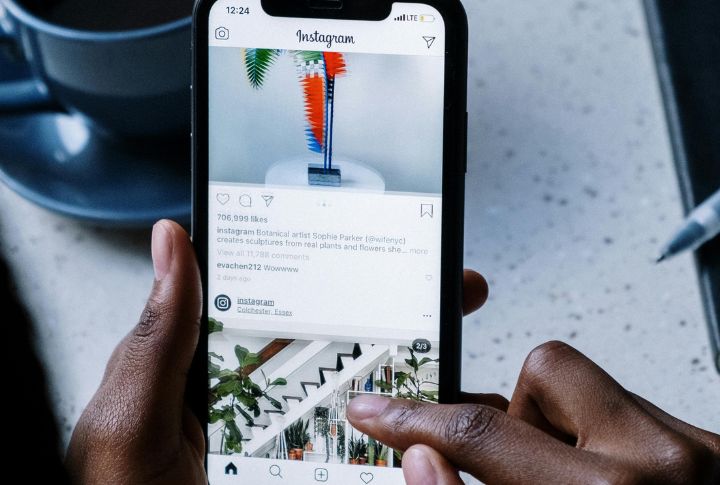
Forget everything you thought you knew about good manners online—as Gen Z is leading the way with fresh habits that can sometimes seem confusing, or even rude, to older generations. But there’s more to it than meets the eye. These new behaviors reflect a thoughtful push toward setting emotional boundaries and fostering genuine respect online. So, let’s take a closer look at how Gen Z is redefining digital etiquette and why it’s changing the way we all connect.
Not Answering Phone Calls, But Responding Immediately Via Text

Remember when checking voicemail was a daily ritual? Those days are fading as Gen Z reshapes communication norms by treating phone calls as intrusive interruptions rather than social necessities. In fact, many of them no longer set up voicemail, as they prefer quick texts or voice memos when they want to convey something longer.
Using “K” Or Short Replies In Texts Without Malice

While Baby Boomers might wince at receiving a simple “K” text response, Gen Z’s concise replies reflect a different digital language altogether. Their short replies and missing punctuation aren’t about attitude; they’re just all about efficiency. That said, they do know when to switch gears and use a more formal style, especially in professional settings.
Correcting Pronouns Or Names Instantly, Even Mid-Conversation

For Gen Z, respect and inclusivity are principles worth pausing for. When someone uses the wrong pronoun or name, these young people don’t hesitate to step in and correct it right away, as they prefer putting identity affirmation above keeping the conversation flowing. What older generations might find abrupt, Gen Z sees as necessary and important validation.
Opting Out Of Family Events For “Mental Health Days” Without Guilt

Where previous generations might have dutifully attended every family gathering regardless of their emotional state, this generation is rewriting the social script by openly claiming mental health days without apology. Skipping family events is now seen as a way of setting healthy boundaries. And this turns what used to be viewed as disrespect into a smart, emotionally wise choice.
Calling Out Problematic Behavior In Group Chats

In group chats and online communities, many often take on the role of gatekeepers, quickly and confidently calling out harmful or toxic behavior instead of letting it slide or quietly fester. This bold and proactive approach helps keep conversations authentic, transparent, and accountable. It ensures that everyone involved feels a shared responsibility for maintaining a positive and welcoming vibe.
Choosing To Communicate Via Memes Or Emojis Instead Of Words

Text-based digital communication used to make it tough to convey subtle emotions and nuances. However, Gen Z has completely changed the game by creating a rich visual language that is filled with memes and emojis. Of course, these creative expressions can sometimes cause confusion across generations—like when a skull emoji doesn’t mean something morbid, but actually stands for uncontrollable laughter.
Setting Boundaries By Muting Or Unfollowing Friends Online

It may sound counterintuitive, but Gen Z has discovered that creating digital distance can actually strengthen real-world bonds. By muting or unfollowing friends online—a practice they view as healthy self-care rather than a slight—they’re mastering the art of setting boundaries that reduce stress and foster more authentic connections.
Saying “I Don’t Know” Or “I’m Unsure” Honestly Rather Than Pretending

What older generations valued as projecting confidence, Gen Z has boldly redefined as embracing authentic uncertainty. Rather than bluffing through conversations, they’re changing workplace dynamics by directly stating “I don’t know” or “I’m unsure.” While some may misread this transparency as disinterest, it actually demonstrates Gen Z’s commitment to respectful, honest communication.
Posting “Read Receipts Off” To Avoid Immediate Reply Pressure

The constant ping of messages can trigger social anxiety and an overwhelming pressure to respond immediately. That’s why Gen Z has embraced a simple yet powerful solution: disabling read receipts in their group chats. This widely accepted practice helps them establish healthy boundaries and respect everyone’s need for breathing room between responses.
Using “Thumbs Up” Emoji To Acknowledge Messages

That quick thumbs-up emoji response might feel like a digital brush-off to seasoned professionals, but there’s a generational disconnect at play. While older workers may expect a fuller reply, Gen Z has embraced the symbol as their go-to way of politely confirming they’ve received a message—efficiency meets acknowledgment in their digital dialect.

